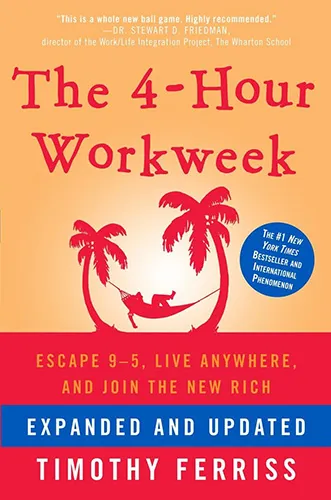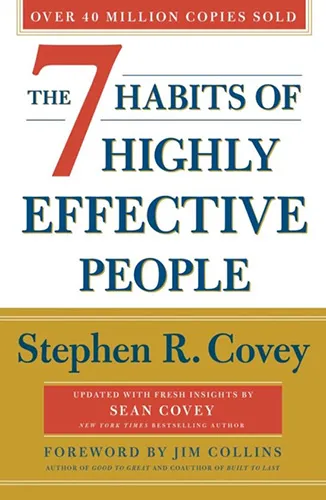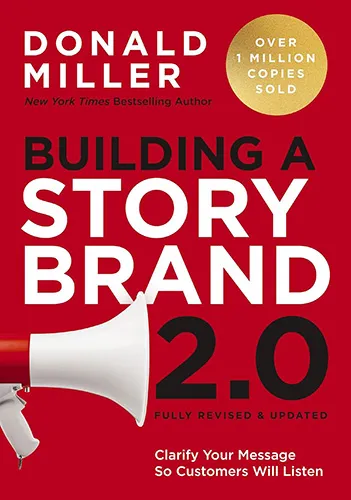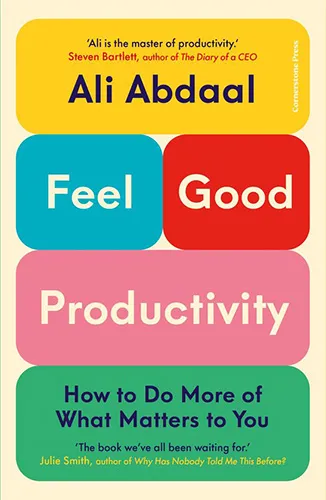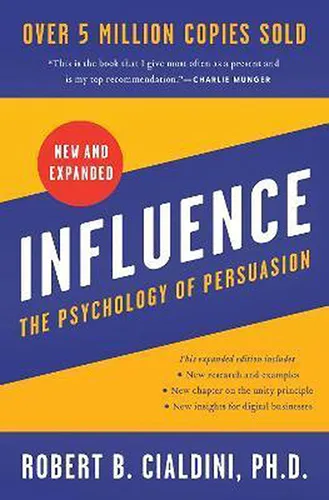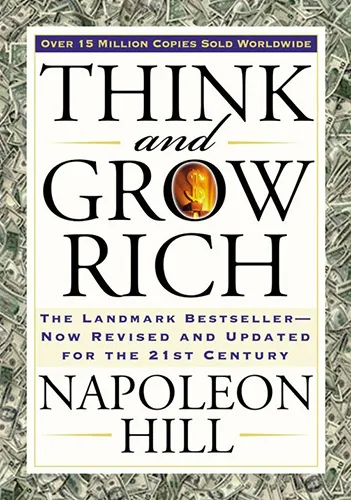Carol S. Dweck’s Mindset: The New Psychology of Success explores the powerful idea: the way you think about your abilities and potential can shape the course of your life. Drawing on decades of research in psychology, Dweck introduces readers to two contrasting mindsets—the fixed mindset and the growth mindset—and demonstrates how adopting a growth mindset can unlock personal and professional success. Packed with real-life examples and actionable advice, this book is a guide for anyone looking to develop resilience, embrace challenges, and achieve their full potential.
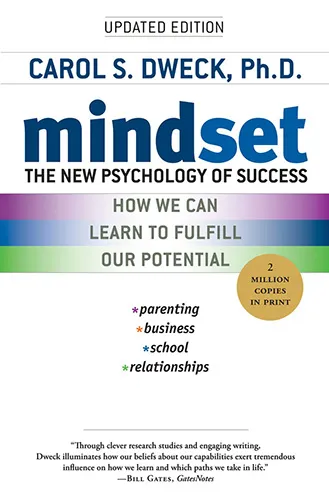
Core Concepts
At its heart, Mindset argues that success isn’t about talent or intelligence—it’s about how you approach learning, effort, and setbacks. Dweck defines the two mindsets that influence how we interpret and respond to life’s challenges:
- Fixed Mindset: Believing that abilities and intelligence are static traits that can’t change, leading to a fear of failure and avoidance of challenges.
- Growth Mindset: Believing that abilities can be developed through effort, learning, and persistence, fostering a love for challenges and resilience in the face of setbacks.
Here are the key insights from the book:
⭐ Your mindset shapes your reality
Dweck demonstrates that people with a growth mindset tend to achieve more because they see failure as an opportunity to learn rather than a reflection of their worth. Shifting your mindset can transform how you approach goals and obstacles.
⭐ Effort is a path to mastery
In a fixed mindset, effort is often seen as a sign of weakness—proof that you’re not naturally gifted. In contrast, a growth mindset values effort as the process that leads to improvement and mastery.
⭐ Feedback is a tool, not a threat
Dweck emphasizes the importance of how we give and receive feedback. People with a growth mindset see constructive criticism as valuable input for growth, while those with a fixed mindset may interpret it as a personal attack.
⭐ Challenges are opportunities
A growth mindset encourages stepping out of your comfort zone and embracing challenges as a way to stretch and develop. Failure isn’t the end—it’s a stepping stone on the path to success.
⭐ Fixed and growth mindsets coexist
Dweck acknowledges that most people have a mix of fixed and growth mindsets in different areas of their lives. The goal isn’t perfection but cultivating awareness and choosing a growth-oriented perspective whenever possible.
⭐ Mindset impacts relationships and leadership
Dweck shows how mindsets affect more than just individual performance—they influence how we interact with others. In relationships, a fixed mindset can lead to defensiveness, while a growth mindset fosters communication and collaboration. In leadership, the ability to cultivate a growth mindset in a team can inspire innovation and resilience.
⭐ Mindsets can be changed
One of the most hopeful messages in the book is that mindsets aren’t set in stone. By identifying fixed-mindset thinking and consciously choosing growth-oriented habits, you can rewire your beliefs and behavior over time.
Final Thoughts
Mindset: The New Psychology of Success is a game-changer for anyone seeking personal or professional growth. Carol S. Dweck’s insights are both profound and practical, making the case that success comes not from innate talent but from how we approach learning, effort, and challenges.
Whether you’re striving to grow your business, improve relationships, or nurture resilience in yourself or others, this book provides a roadmap for cultivating the habits and attitudes that lead to lasting success.

